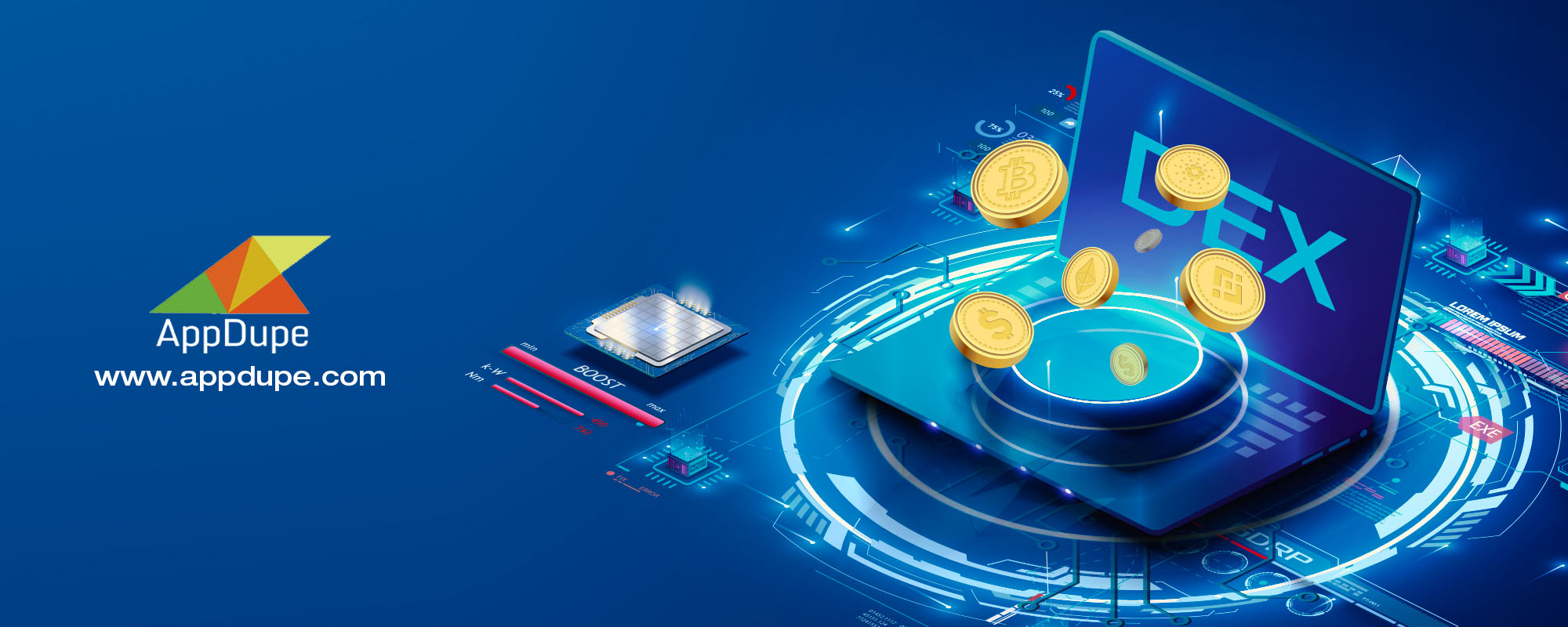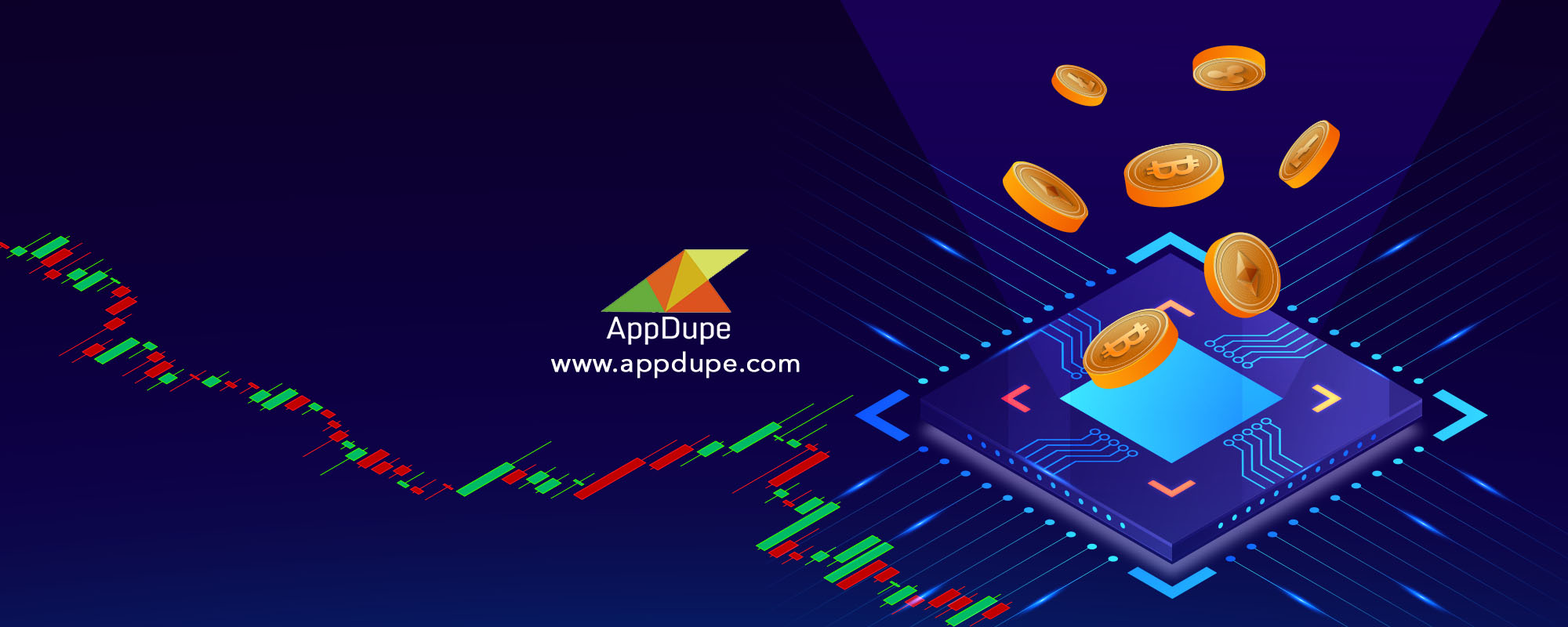Cryptocurrency Exchange Development Company – Guide for Choosing the Best in 2022
Author Cryptocurrency Exchange Script
Undoubtedly, people are getting financial freedom by investing in digital currencies like Bitcoin (BTC) and Ethereum (ETH). Likewise, there are around 458 crypto trading platforms in the world now. The popular ones include Binance, Coinbase, FTX, Huobi, Kraken, KuCoin etc. Generally, cryptocurrency exchanges are of different types like centralized, decentralized, peer-to-peer (P2P), and hybrid. Users can execute market, limit, and stop-limit orders, get a favourable deal and make a hefty profit. Are you an entrepreneur keen to start a digital financial revolution? Use our cryptocurrency exchange development services.
What are the 3 options available for Crypto Trading Platform Development?
- Develop from scratch
There is a lot of capital expenditure when a cryptocurrency exchange is created from scratch. Huge amounts of money must be spent on hiring blockchain developers, assembling the tech stack, and adding numerous features to the digital asset trading platform. Generally, it takes several months or almost a year for crypto trading platform development.
What are the steps to develop a virtual asset exchange from scratch? The process followed by a cryptocurrency exchange development services provider is
- Complying with various guidelines
issued by governments.This comprises following rules related to Know Your Customer (KYC), Anti-Money Laundering (AML), and Combating the Financing of Terrorism (CFT). These regulations vary from one country to another and also depend on the power of the respective authority.
- Integrating a liquidity API
Liquidity is essential while operating a cryptocurrency exchange. Investors can convert their assets (fiat-to-crypto, crypto-to-fiat, crypto-to-stablecoin, and stablecoin-to-crypto). They are not affected by price changes and the market movement. By integrating an API, you will receive benefits such as a greater trading volume and a higher inflow of capital. Besides that, investors will also be able to match their buy and sell orders effectively.
- Partner with various payment gateways
Investors require a glitch-free experience while processing transactions on a cryptocurrency exchange. Hence, you need to tie up with the leading banks, mobile wallet companies, and payment processors. For instance, you must consider integrating with popular hot wallets such as Bitski, Dapper, Coinbase Wallet, MetaMask, Portis, MyEtherWallet (MEW), Torus, Trust Wallet, etc.
Besides that, including plug-ins with cold wallets like Ledger Nano S, Ledger Nano X, Trezor, etc., will offer more security to investors. They can store their funds offline and also protect them with secret recovery phrases.
- Concentrate on security measures
It is important to offer a safe trading experience to retail and institutional investors. Therefore, including security measures like end-to-end (E2E), data encryption, two-factor authentication (2FA), and DDoS protection will safeguard crypto holders from hackers and phishers. Besides that, they can utilize PINs, private keys, and secret passwords to shield their virtual assets.
Launch your digital asset trading platform by partnering with a Cryptocurrency Exchange Development Company
Launch a White-Label Crypto Exchange
Today, the trading volume and market capitalization of digital currencies are around $110 billion and $1.91 trillion respectively. You can launch the ready-made crypto trading solution and capture the industry. It includes several features and multi-layer security measures. Moreover, specific features and the user interface (UI) can be modified to suit the business requirements. This ensures customization.
Importantly, the White-label crypto exchange contains features like a robust matching engine, integration with popular hot and cold wallets, an order book, a referral program, a staking facility, and a technical support desk. Moreover, investors can make the correct decisions while managing their portfolios. They can view charts and graphs and see the data about prices and market movements. Further, crypto holders can initiate take-profit and stop-loss orders by viewing the fluctuations in the trading pairs.
Moreover, the white-label crypto exchange protects the funds of users with several security measures. This includes a jail login mechanism, cross-site request forgery protection (CSRF), server-side request forgery (SSRF) protection, and anti-DDoS protection mechanism. In the long run, you will receive advantages like cost-effective deployment of the digital asset trading platform, flexible customization based on the business requirements, and round-the-clock technical assistance.
What are the various types of crypto trading platforms?
Centralized Crypto Exchanges
Platforms like Binance and Coinbase are centralized trading platforms. Generally, third parties are responsible for safeguarding the assets of investors. They help in implementing the buy and sell orders placed by retail and institutional traders.
Users can also access features like a broker trading terminal, integration with numerous payment gateways, a recurring buying option, an OTC trading desk, derivatives and futures trading options, and a dedicated help centre.
Importantly, investors receive protection from extreme market fluctuations and volatilities. This is because centralized cryptocurrency exchanges back up the assets of investors offline (cold storage). Importantly, insurance also safeguards the funds of traders. This protects investors from the loss of their digital assets, hacking attacks, and thefts.
Decentralized Crypto Exchanges
These trading platforms help buyers and sellers to directly strike deals without dealing with any middlemen. For instance, Uniswap, Balancer, and PancakeSwap are decentralized trading platforms. These popular platforms operate in the form of an Automated Market Maker (AMM) protocol.
It contains features like an instant token swapping option, access to charts and graphs, a help center, protection against slippage, and a voting option to influence proposals. Operating primarily in the form of Decentralized Applications (DApps), the buy and sell orders get matched based on trading volume and prices. Investors have to deposit their virtual assets in a smart contract and will receive regular returns depending on the activity of the investors.
Peer-to-Peer (P2P) Crypto Exchanges
LocalBitcoins is an apt example of a Peer-to-Peer crypto trading platform. Users can publish advertisements, negotiate an ideal deal with a fellow buyer or a seller, and click the over-the-counter (OTC) trading facility. Generally, they can set minimum and maximum limits, view the conversion rates (crypto-to-fiat and fiat-to-crypto), and transfer the required amount.
Moreover, investors get access to various features like instant KYC/AML verification, two-factor authentication (2FA), and a 24×7 help desk. Besides that, users can buy and sell cryptos without paying any charges. Importantly, users can transfer funds to hardware and software wallets free of cost.
Wrapping Up
Factors like the reputation of the cryptocurrency exchange development company, the track record in the industry, the tech stack used, and the budget must be taken into account while creating a digital asset trading platform. What are you waiting for? Use our state-of-the-art cryptocurrency exchange development services and build your wealth.
Be the leader of the digital economy by utilizing Cryptocurrency Exchange Development Services

Marketing is my soul mate and writing is my side kick. Using my writing skills to share the knowledge of app development and upcoming technologies.








